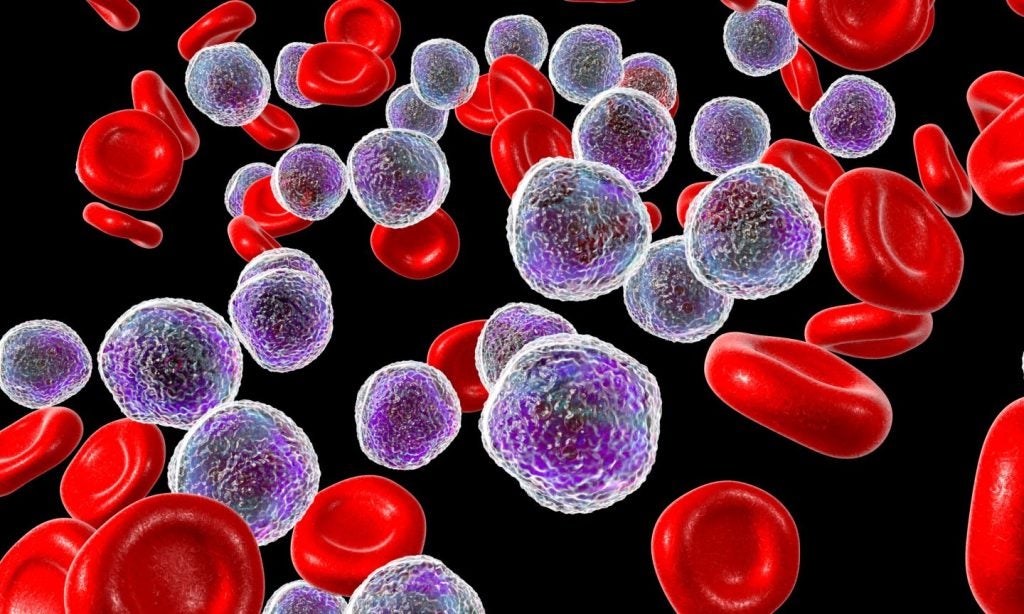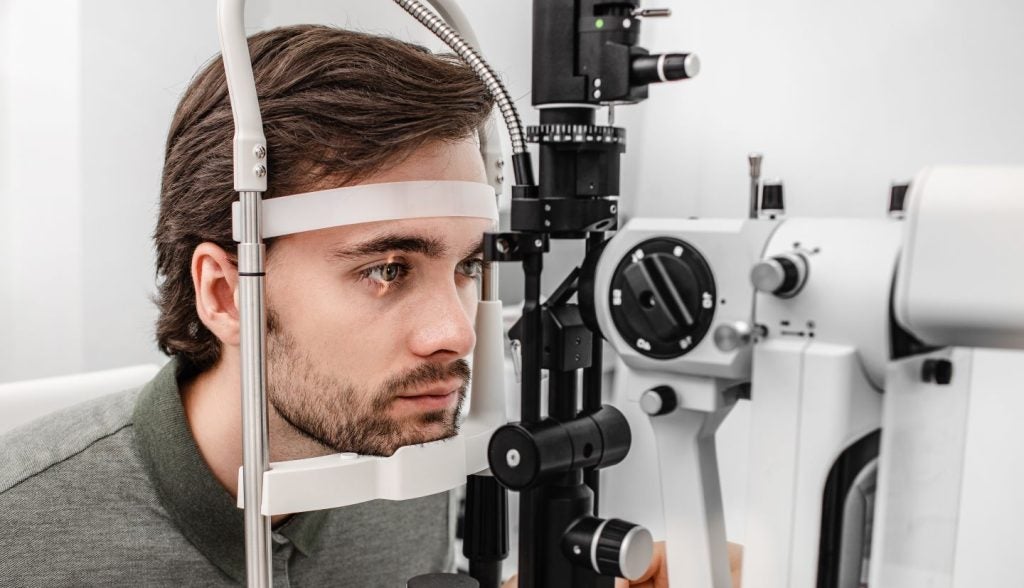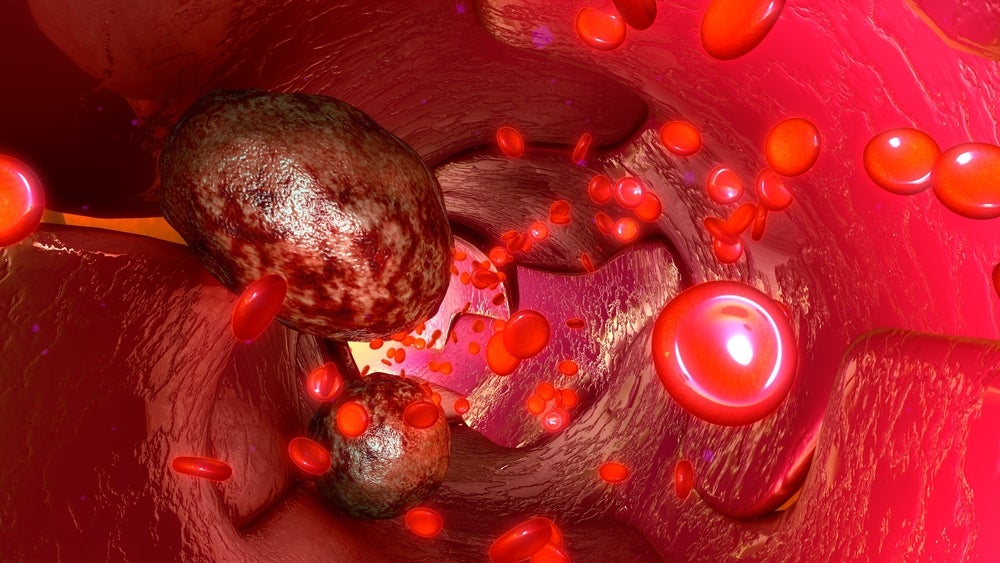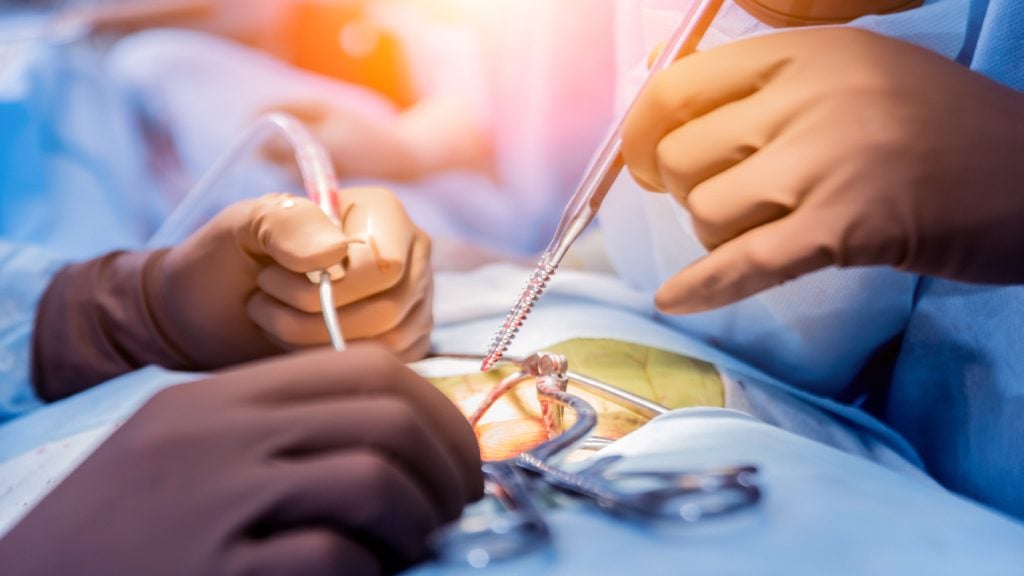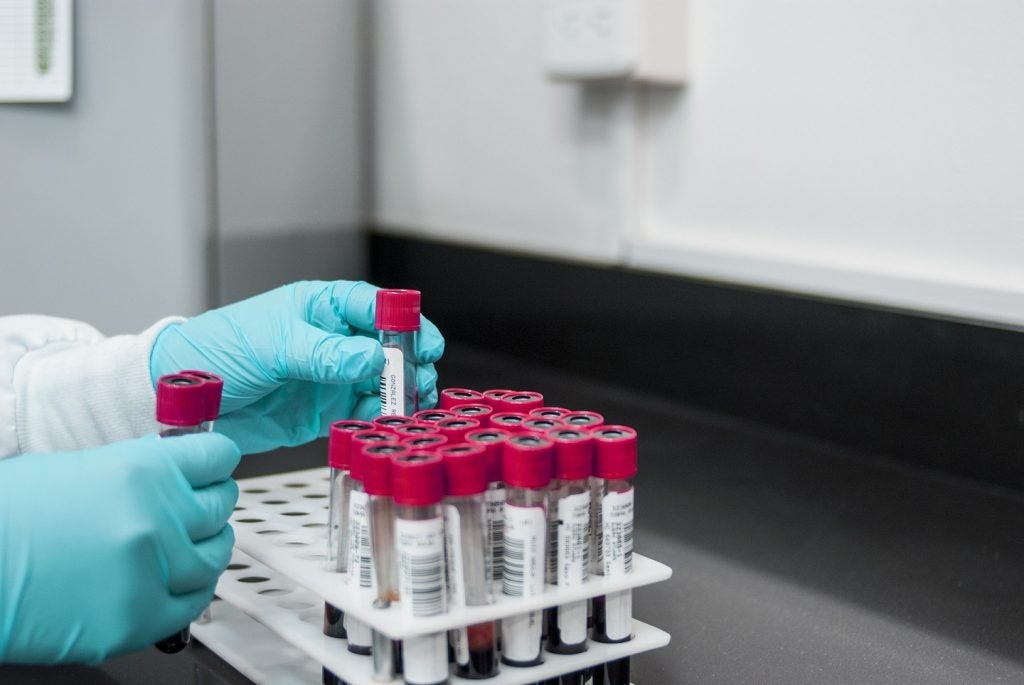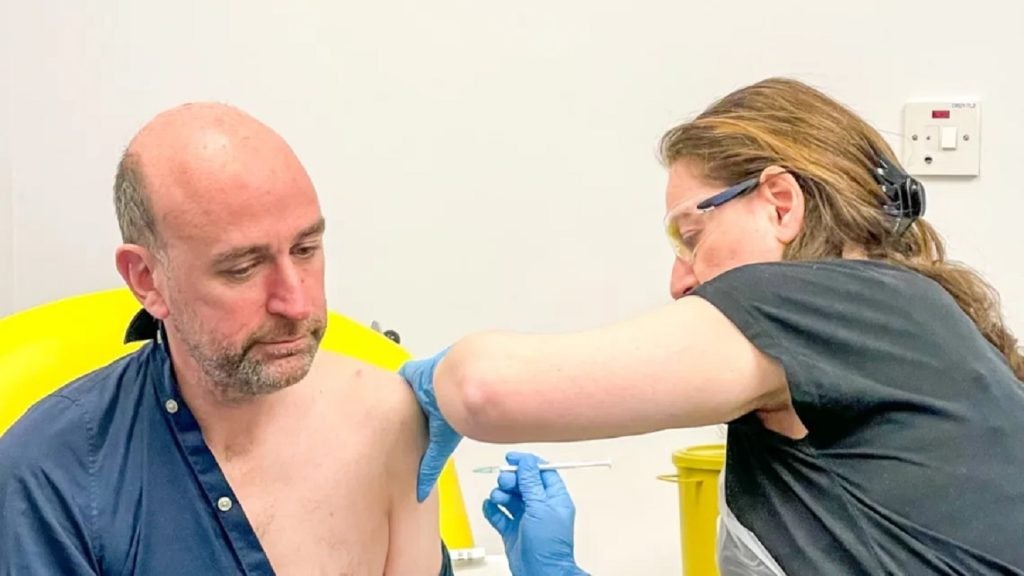Bio-Path Holdings has completed the first dose cohort of the dose escalation portion of its Phase I clinical trial of BP1002 to treat refractory/relapsed lymphoma and chronic lymphocytic leukaemia (CLL).
In the ongoing Phase I trial, patients with r/r CLL who are unresponsive or relapsed following venetoclax-based frontline therapy will also be enrolled.
The trial is being carried out across several cancer research institutions including the Georgia Cancer Center, the University of Texas Southwest and New York Medical College.
The primary goal is to evaluate the safety and tolerability of escalating doses of BP1002.
A liposomal Bcl-2 nanoparticle antisense therapy, BP1002 targets the Bcl-2 protein, a key player in cell survival in various cancer types.
The protein is implicated in up to 60% of all cancers, with its greater expression levels linked to poor outcomes in people with aggressive, relapsed non-Hodgkin’s lymphoma.
In preclinical research, BP1002 is indicated to be a potent inhibitor of the Bcl-2 target.
Bio-Path anticipates that the drug's benign safety profile will facilitate its use in combination therapies with other approved agents.
Due to BP1002's mechanism of action, which targets the Bcl-2 protein rather than the BH3 domain, Bio-Path suggests it could serve as a substitute for patients who do not respond to venetoclax.
Furthermore, Bio-Path sees potential in expanding BP1002's application to acute myeloid leukaemia (AML) patients who have not benefitted from venetoclax-based treatments.
Bio-Path Holdings president and CEO Peter Nielsen said: “We are delighted to safely complete this first dose cohort and to advance BP1002 into the next cohort as it brings us one step closer to providing access to this very promising treatment for the most vulnerable patients who have limited therapeutic options.
“We look forward to advancing this study into higher dose cohorts with the expectation that increased levels of BP1002 will prove even more efficacious and continue its safety profile in these sickest of sick patients.”


